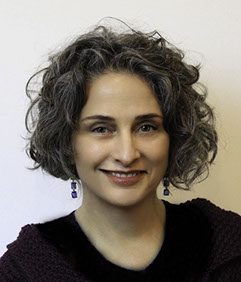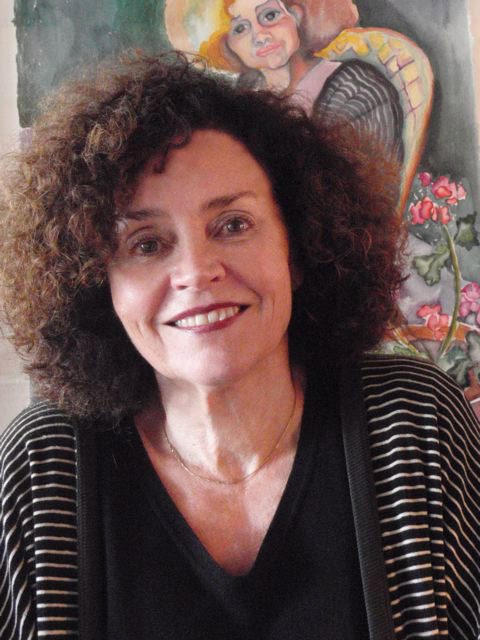Faculty News & Updates
 Daniel Tobin‘s “This Broken Symmetry” won the Stephen J. Meringoff Award in Poetry. Read all about it here and here.
Daniel Tobin‘s “This Broken Symmetry” won the Stephen J. Meringoff Award in Poetry. Read all about it here and here.
 Kevin McIlvoy’s forthcoming novel, At the Gate of All Wonder (Tupelo Press, Sept. 2018) may be pre-ordered at tupelopress.org.
Kevin McIlvoy’s forthcoming novel, At the Gate of All Wonder (Tupelo Press, Sept. 2018) may be pre-ordered at tupelopress.org.
 Liam Callanan celebrates the publication of his book, Paris by the Book (Dutton, April 2018).
Liam Callanan celebrates the publication of his book, Paris by the Book (Dutton, April 2018).
 Lauren Groff’s Florida, a collection of short stories, is available now.
Lauren Groff’s Florida, a collection of short stories, is available now.
Alumni News and Updates
 Jayne Benjulian’s (poetry, ’13) poem “Frame” was short-listed for the 2017 Bridport Prize.
Jayne Benjulian’s (poetry, ’13) poem “Frame” was short-listed for the 2017 Bridport Prize.
 Lauren Alwan (fiction, ’08) is proud to share the news that her story, “An Amount of Discretion,” which appeared in The Southern Review (Winter 2017) has been awarded an O. Henry Prize for 2018, and will appear in the anthology this September, from Anchor, edited by Laura Furman.
Lauren Alwan (fiction, ’08) is proud to share the news that her story, “An Amount of Discretion,” which appeared in The Southern Review (Winter 2017) has been awarded an O. Henry Prize for 2018, and will appear in the anthology this September, from Anchor, edited by Laura Furman.
 Dilruba Ahmed (poetry, ’09) has three poems in the recent Issue of The Asian American Literary Review.
Dilruba Ahmed (poetry, ’09) has three poems in the recent Issue of The Asian American Literary Review.
 Beverly Bie Brahic’
Beverly Bie Brahic’s (poetry, ’06) new collection,
The Hotel Eden, will be published by Carcanet in August 2018. She also has five translations of poems by the French poet Christophe Tarkos in the current issue of
Modern Poetry in Translation.
 Rachel Howard
Rachel Howard (fiction, ’06) is excited to announce the sale of her first novel,
The Risk of Us, to be published in the Spring/Summer of 2019 by Houghton Mifflin Harcourt.
 Katherine Rooks
Katherine Rooks (fiction, ’16) is happy to share that her story “One More Thing” has found a good home in
Stone Canoe #12, published March 1 and only available in print.
 Joanne Dominique Dwyer (poetry, ’09) has a poem, “Decline in the Adoration of Jack-in-the-Pulpits,” i in the current issue of Kenyon Review.
Joanne Dominique Dwyer (poetry, ’09) has a poem, “Decline in the Adoration of Jack-in-the-Pulpits,” i in the current issue of Kenyon Review.
She also have a poem in the May/June issue of American Poetry Review. It’s titled “So, You Think I’m Afraid of You?” and appears on the back cover.
 Kate Kaplan (fiction, ’17) has a short story, “Wine, Malibu” in the current issue of the New England Review (Vol 39, issue 1).
Kate Kaplan (fiction, ’17) has a short story, “Wine, Malibu” in the current issue of the New England Review (Vol 39, issue 1).
 Kate Greathead
Kate Greathead (fiction, ’11) has a new book out,
Laura & Emma.














